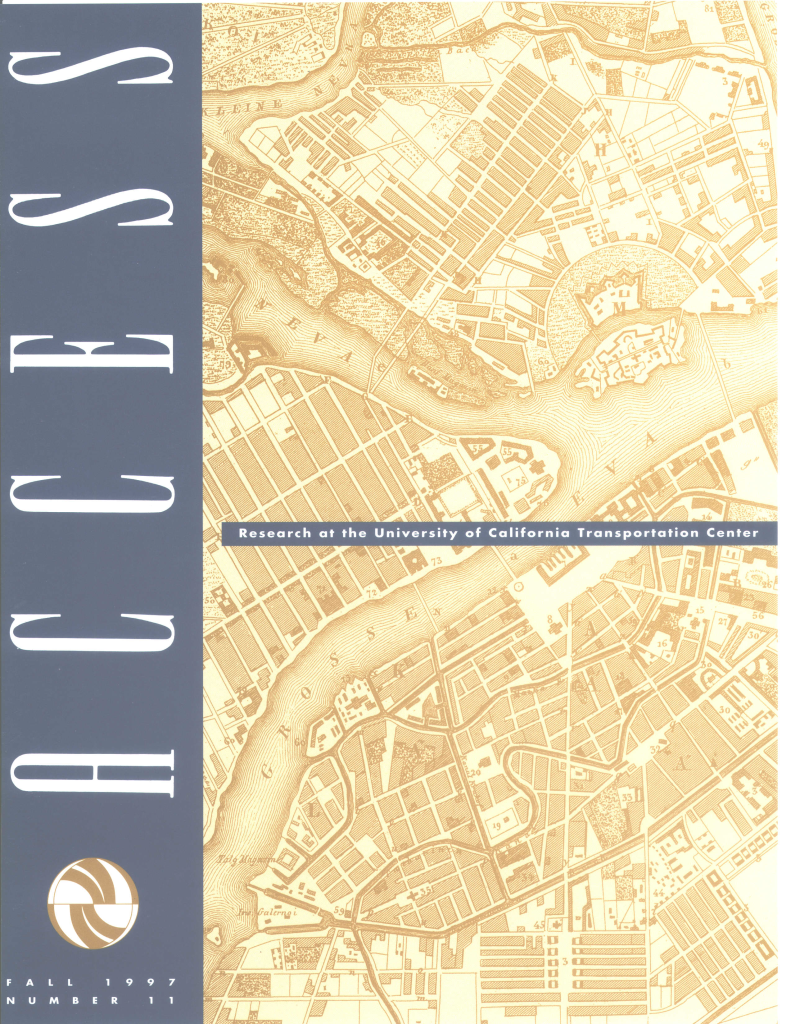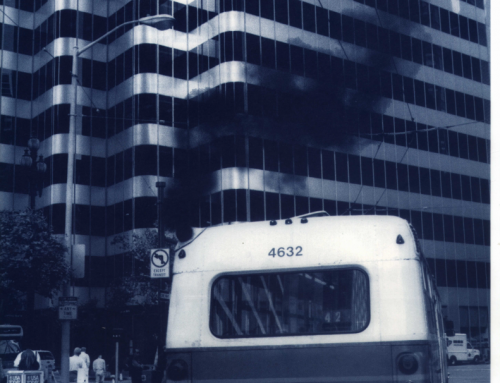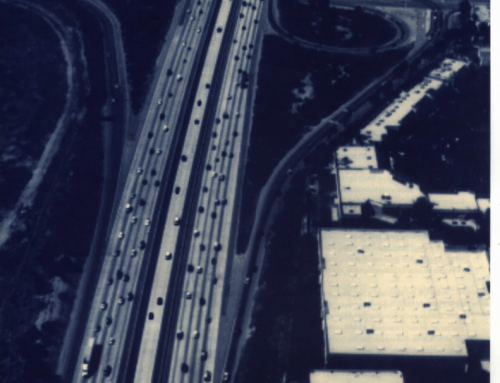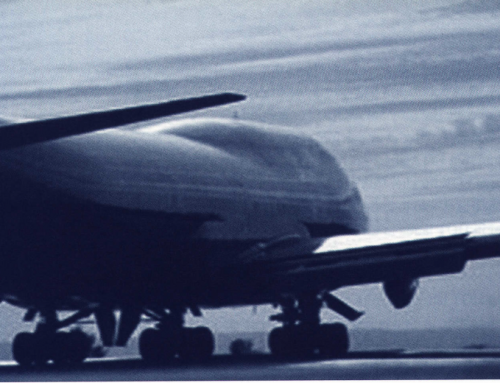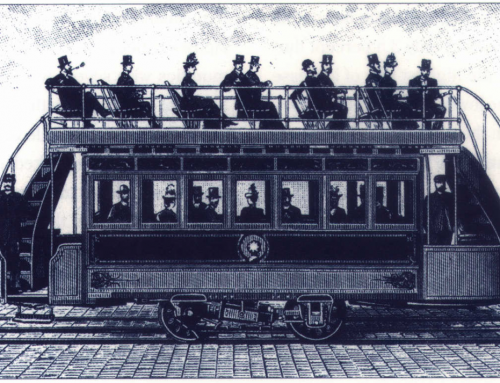There is a need for competent and principled leadership in the field of transportation. The ongoing debate about reauthorizing ISTEA clearly illustrates the political pulls and tugs that characterize democratic decisionmaking. Each interest group voices its particular preferences, and legislators stake out claims for projects and programs that directly benefit their constituents. Real leadership involves breaking deadlocks like these through vision and compromise, but such leadership is rare. Beyond serving supporters’ immediate aims for expensive projects, few seek to exploit transportation’s potential for shaping the economy, environment, and public welfare.
Leadership is equally elusive at state and local levels where declining resources have increased tensions between suburbs and inner-city areas, where concerns for mobility clash with interests for environmental quality, and where rail-transit proponents challenge highway advocates. Some call for solutions that emphasize new land use patterns, others promote cleaner cars or alternative fuels, still others think “the answer” is to build rail systems and so forth.
Undoubtedly, we need a mix of policies. The real challenge, especially in the fishbowl of politics, is to find the right blend. The best mix for one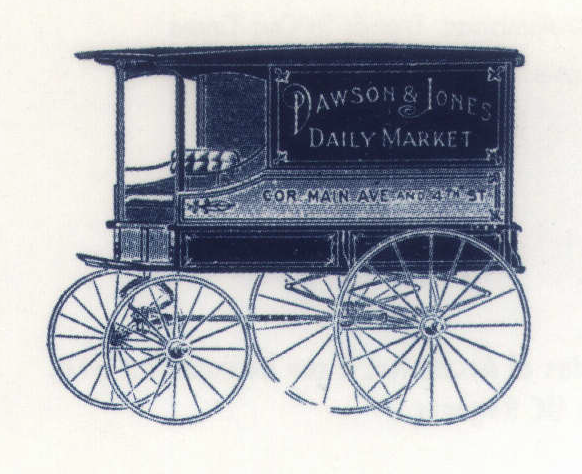 region probably differs from that for another, although each may be tempted to mimic its neighbor’s successes. Modem policymaking incorporates complex technologies, financing, and social and economic effects. Technical experts can help to clarify costs and benefits of different approaches and even to invent new ones. But, in the end, political leaders must select the best alternatives and implement them in fiscally responsible ways.
region probably differs from that for another, although each may be tempted to mimic its neighbor’s successes. Modem policymaking incorporates complex technologies, financing, and social and economic effects. Technical experts can help to clarify costs and benefits of different approaches and even to invent new ones. But, in the end, political leaders must select the best alternatives and implement them in fiscally responsible ways.
The University of California transportation community has a central responsibility in this complex policymaking ritual. Our research seeks to inform decisionmakers and to support them with dispassionate analysis – as well as with advocacy. Formal university teaching prepares many who will be among the next generation of experts and policymakers. In five, ten, and twenty years they’ll face policy puzzles that we’ve not yet even identified. Our short courses, symposia, and research publications provide today’s decisionmakers with information and ideas that address current problems.
In October the Berkeley campus hosted the fourth annual research conference of transportation graduate students from four UC campuses: Berkeley, Davis, Irvine, and Los Angeles. More than 100 students presented research findings to one another and debated the future of transportation policy. Having observed them in action, I’ve no doubt that those students are our most important contribution to future transportation policy. Their presentations were innovative, clear, and insightful. Their conference assured me that the current generation of graduate students is better prepared for future leadership roles than any earlier cohort.
At the conference we also enjoyed a dinner celebrating UCTC’s tenth anniversary. We paid special tribute to Mel Webber, the Center’s founding director, who also founded ACCESS magazine. His career reveals another window on leadership. Mel has consistently displayed the best leadership qualities to his students and colleagues. He is a principled person whose commitment to truth and excellence is unwavering. His scholarship has given us direction; his management of the Center has created new opportunities for students and faculty; and his modesty about his accomplishments is genuine.
Though frustrated by the shortage of real leadership in national, state, and regional transportation policymaking, I am heartened by the examples of these students and this senior professor. Together, they stand as exemplars for those in the surrounding policymaking community.
Martin Wachs

